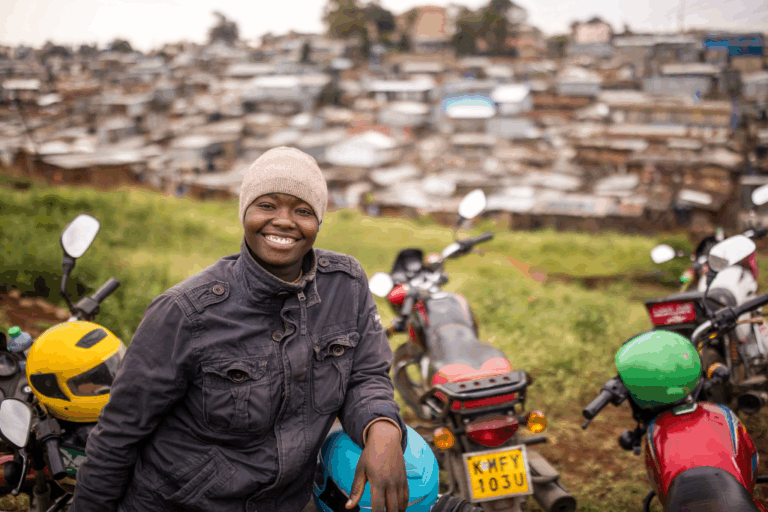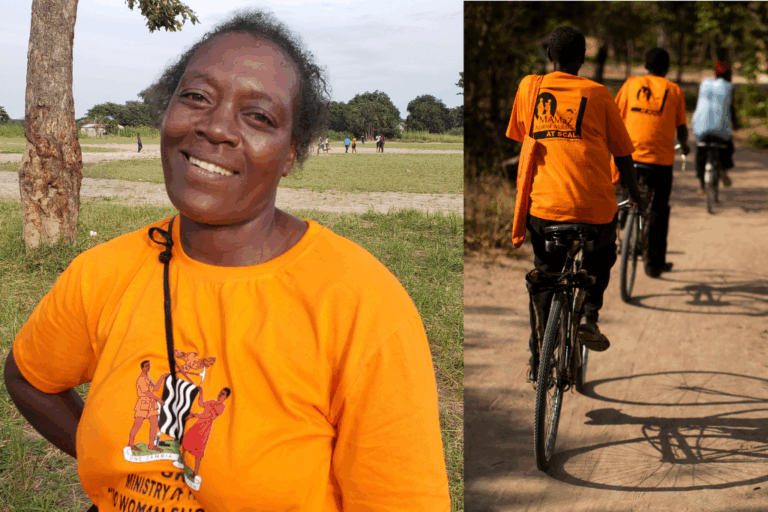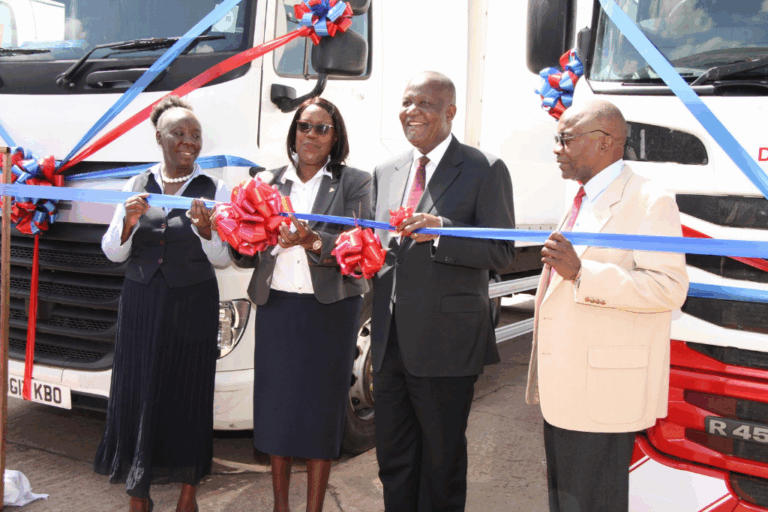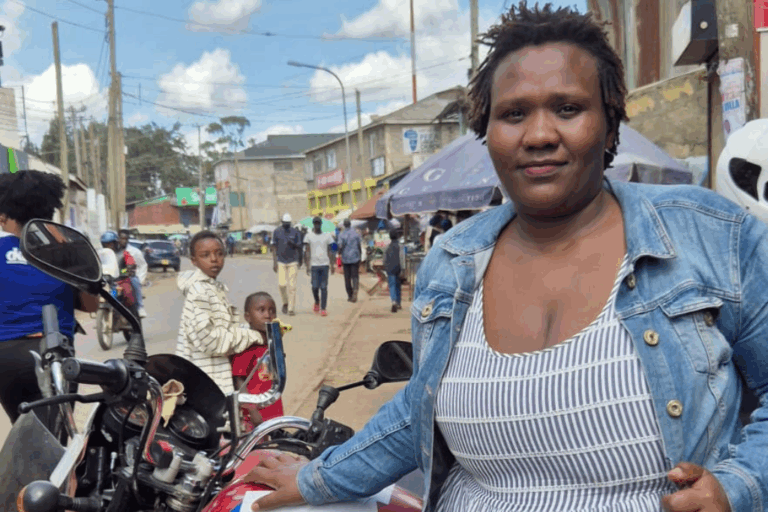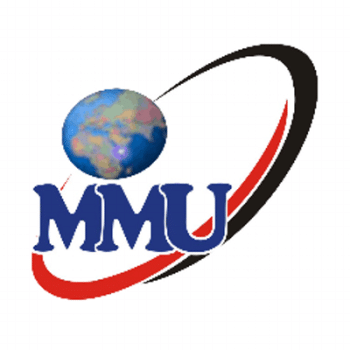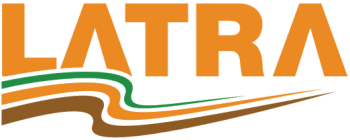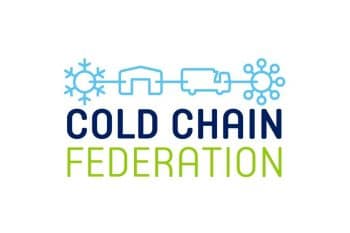
News
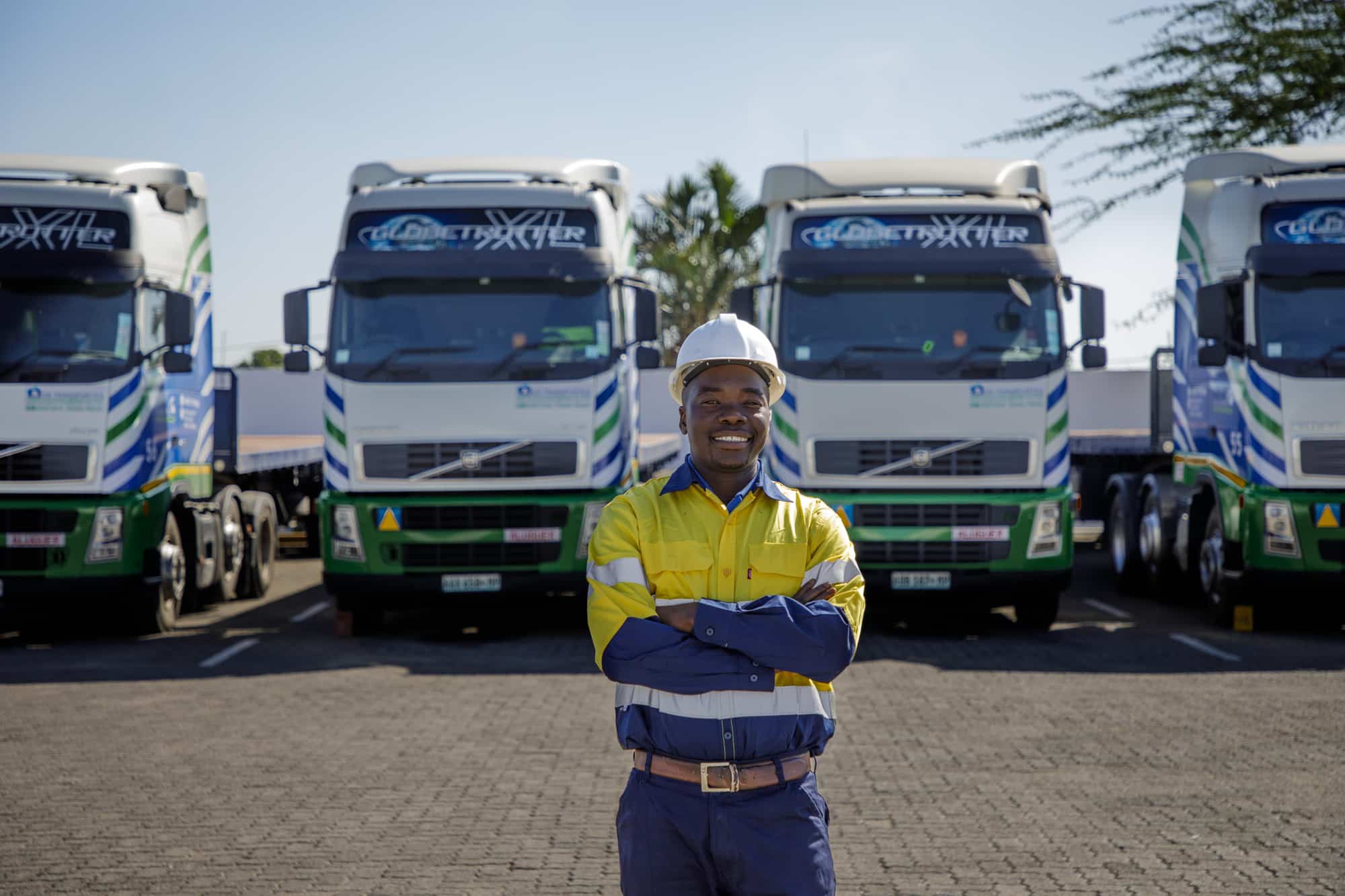
Free COVID-19 testing available at three locations in Uganda
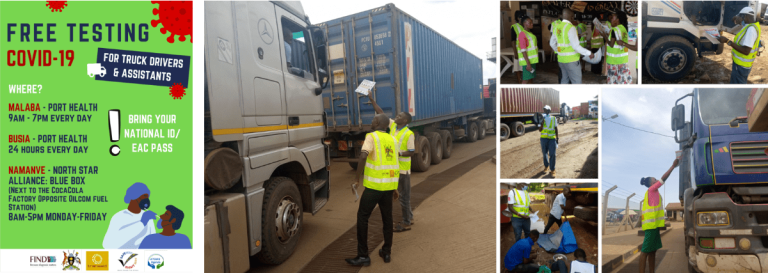
At the end of 2021, Transaid began working alongside FIND (the global alliance for diagnostics), and the Ugandan National Health Laboratory Services (UNHLS) on a validation study to support the implementation of efficient COVID-19 screening practices for cross border truck drivers and their assistants at select border crossings in Uganda: Busia and Malaba, as well as a third site in Namanve.
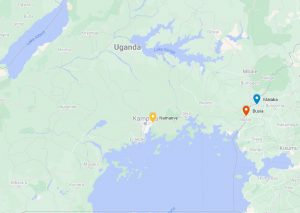
The initiative aims to help reduce the spread and impact of COVID-19 and lessen the economic burden on transport companies by offering rapid diagnostic tests (RDTs) and polymerase chain reaction (PCR) tests. We are also working with partners – the Amalgamated Transport and General Workers’ Union (ATGWU) and Safe Way Right Way (SWRW) to sensitise drivers about COVID-19 prevention and integrating key road safety messages.
When looking at ways to contain the spread of COVID-19, specifically in relation to cross-border truck drivers, limited access to rapid and quality testing can lead to the spread of the virus amongst other drivers and the communities that they interact with.
At the time of inception for this study, testing protocols at many border crossings in the East Africa Community (EAC) and Southern Africa Development Community (SADC) required proof of a COVID-19 negative PCR test result within the last 72 hours to allow entry into the country. However, the reality of the COVID-19 PCR testing at many borders was that of long queues, lack of access to personal protective equipment (PPE), limited sensitisation and a high degree of interaction amongst drivers, and between drivers, communities and front-line workers at borders. These conditions led to increased opportunities for exposure amongst unidentified cases, and laid the foundations for validating the use of rapid antigen testing (Ag RDT), which have the potential to significantly reduce the window of exposure at borders.
With this in mind, the project sets out to reach the following objectives:
- Validate Ag RDTs for screening of asymptomatic truck drivers at border crossings;
- Assess the feasibility, acceptability, efficiency, and cost-effectiveness of Ag RDTs for COVID-19 screening compared to PCR testing;
- Provide evidence and advocate for policy change at a national level to permit Ag RDT screening in asymptomatic populations; and accept negative Ag RDT results in asymptomatic individuals as proof they are not infected with COVID-19;
- Enhance truck driver awareness on COVID-19 symptoms, prevention and response as well as road safety
UNHLS colleagues (with support from FIND) have been busy introducing training on the testing as well as on data collection and data management at the three testing sites, for the efficient and rapid sharing of COVID-19 results. Training was also rolled out to partners at transport unions such as ATGWU, with the support of Transaid’s long-term partner SWRW. This training focused on how to best approach drivers, communicate the aims of the study to them, gather their consent for participation ahead of undergoing testing, and share key COVID-19 prevention messages.
With free testing now available, the team continues to work with local transport associations to sensitise drivers, enhance their awareness on COVID-19 symptoms, prevention and response, and drive up demand for testing (see fact sheets disseminated to drivers here).
Other initiatives include increasing the visibility of testing sites with banners, free tea and coffee (for drivers and their assistants at the Namanve site while the initiative is running), and the airing of radio jingles on local radio stations to share information on the testing available for drivers at border crossings.
Uganda has adopted a policy to allow approved Ag RDTs to diagnose individuals exhibiting COVID-19 symptoms. To the best of our knowledge though, there are yet to be any performance verification studies in Uganda on effectiveness of COVID-19 Ag RDTs to test asymptomatic individuals. The crucial testing data and information collected through this study is set to provide evidence of the potential of using Ag RDTs to confirm negative COVID-19 status in individuals, and in turn can be used to inform the development of appropriate COVID-19 testing policies in Uganda and beyond.
If you would like to receive more information around this initiative, or COVID-19 testing at the Ugandan borders, please contact info@transaid.org.
Recent Posts



